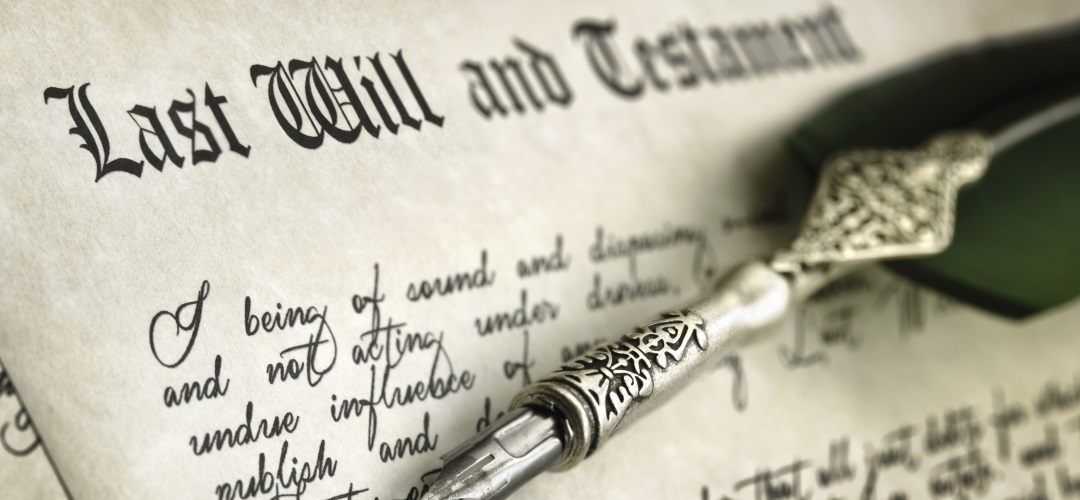The Residence Nil Rate Band Allowance
What is it?
The Residence Nil Rate Band (RNRB) is a new allowance for inheritance tax that came into force on 6th April 2017.
It’s an additional inheritance tax-free amount that certain individuals can use alongside their existing Nil Rate Band (NRB) allowance.
How does it work?
At the moment, everyone has an NRB allowance of £325,000. This means that when you die, if the value of your estate, and any gift made within seven years of death, is below this amount, there will be no inheritance tax to pay.
The new RNRB is an additional amount allowed if you own or previously owned a property. The additional amount for this tax year (2017/2018) is £100,000. So, added together your inheritance tax-free threshold could be £425,000.

The devil is in the detail
It sounds great, doesn’t it? To a certain extent, this is good news for lots of people and in particular married couples with children. However, not everyone will benefit from using this allowance.
Here are the rules regarding entitlement to this allowance:
- It applies to deaths on or after 6th April 2017
- You must own a home or a share of a home that’s included in your estate.
- Your direct descendants, for example, children and grandchildren, must inherit the home or a share of it.
- The value of your estate must be below £2 million.
- If you have downsized or sold/given away your house after 7th July 2015 you’re still entitled to the RNRB.
But that’s not all, because the amount of the RNRB is set to increase in the next few years to the following amounts:
- £100,000 for the tax year 2017/2018
- £125,000 for the tax year 2018/2019
- £150,000 for the tax year 2019/2020
- £175,000 for the tax year 2020/2021
In later years, it will increase in line with inflation.

Here’s the really important bit!
If you do not use up your NRB and/or your RNRB they can be transferred to your surviving spouse or civil partner’s estate. This can be done even if the first half of the couple to die did so before 6th April 2017.
Here’s an example:
Mr & Mrs Smith have two children and they have simple Wills that leave everything to each other when they die. When the survivor dies, they leave everything to the children. They own a house.
Mr Smith dies and his wife inherits his estate. As spouses are exempt from paying inheritance tax he has not used his NRB or his RNRB. This means 100 percent of both allowances are transferred to his wife.
Mrs Smith then dies and leaves all her assets worth £400,000 and a house worth £400,000 to their children, so her total estate is worth £800,000. Mrs Smith dies in the tax year 2019/2020 so the RNRB is £150,000 per individual.
The total NRB available to Mrs Smith’s estate is £650,000 (2 x £325,000) and the total RNRB available is £300,000 (2 x £150,000). This means that there will be no inheritance tax to pay on her death as you apply the RNRB first to the value of the house so £300,000 is covered by this allowance. Her two NRBs totalling £650,000 cover the remaining £100,000 of the house and the rest of her assets totalling £400,000. As a reminder, she can use the RNRB because she is passing her home to her children.
It’s not that simple!
The example I have given is a simple one. But of course, not all estates are like this, and not all family structures are this straightforward. This means it’s essential that you get professional advice at the point when you’re having your Will drafted as well as when you’re administering an estate.
In addition, it’s worth reviewing your existing Will to make sure your estate will qualify for the RNRB. This is because certain trusts set up in Wills do not qualify for this additional allowance.
Who does not qualify for the RNRB?

Most individuals will qualify if they owned a home and leave it to direct descendants. However, if you’re not married BEWARE! The RNRB cannot be transferred to your partner if you’re not married and there are many other complications that can arise in this situation. You need to make sure you are aware of your inheritance tax position in these circumstances.
If you have certain age restrictions in your Will, once again, it could mean your estate will not qualify for the RNRB.
Most importantly, if you leave your estate to family members that are not your direct descendants (for example you don’t have children) or to other individuals, the RNRB is not available to you.
How can I help?

The new RNRB is good news but it brings with it a lot of unforeseen complications. This means it’s essential to get good professional advice.
If you have an existing Will, I can review it for you and let you know if you need to update it. Contact me for a free Will review.
If you’re thinking of making a Will, contact me for a free consultation so that I can advise you on the best course of action.
The government has also provided some in-depth guidance notes that can be found here with case studies too.
